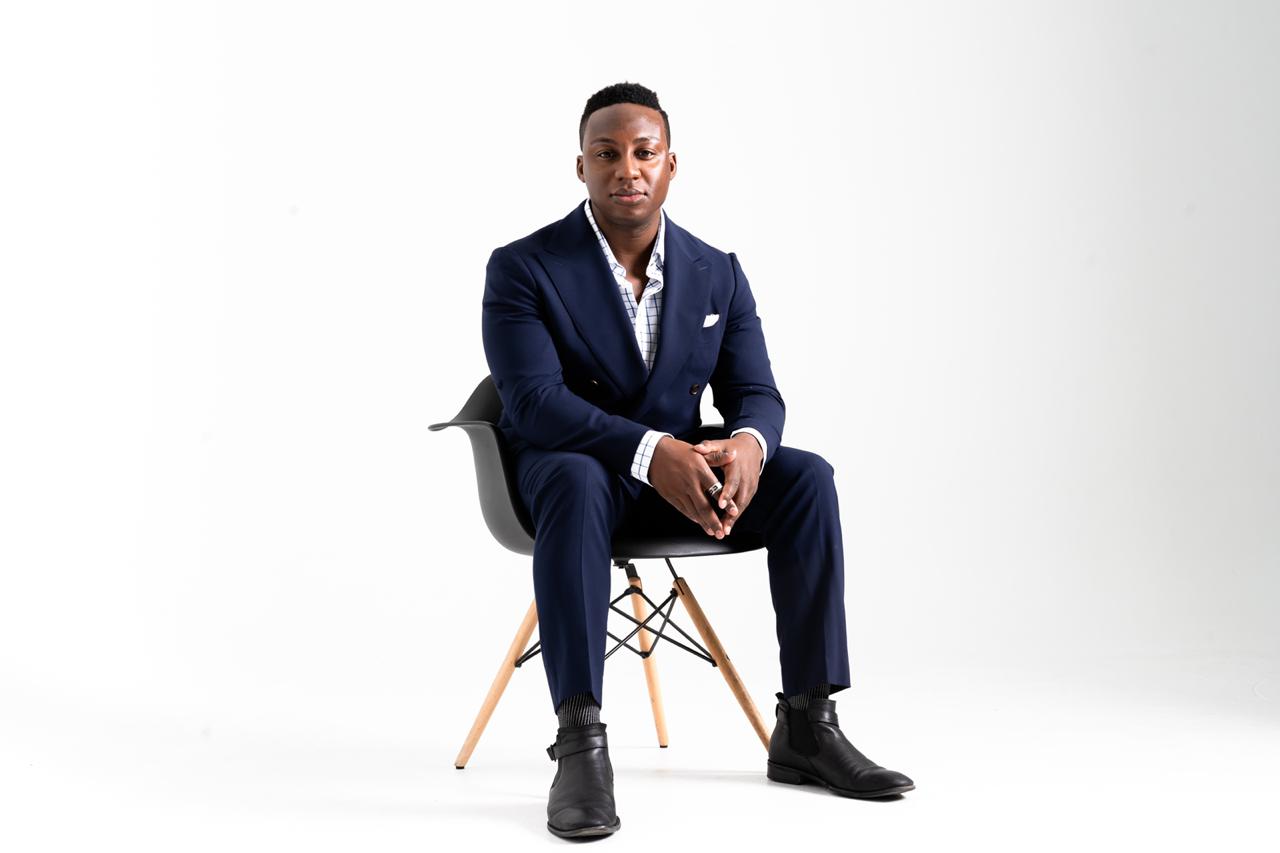If I tell you that a world superpower is struggling to educate its children, you’ll probably think of the United States or China. You might picture parts of rural America, where some children don’t have access to laptops and modern textbooks.
But I’m not talking about the United States, China, or even Brazil. I’m talking about Nigeria.
We think of Nigeria as an overcrowded and incredibly poor nation, and to an extent, that’s right. But the same was true of China just a few decades ago.
Nigeria is predicted to be Africa’s first major superpower. Its population is the equivalent of Germany, France, and the UK combined, and its GDP is the 26th highest in the world, putting it ahead of countries like Argentina, Denmark, Israel, and the United Arab Emirates.
Its future is bright, but its present is pretty abysmal.
Over 10 million Nigerian children don’t have access to the most basic education. And when I say “basic”, I don’t mean highly-qualified teachers and the latest tablets/laptops. I’m talking about desks, chairs, books, and chalkboards.
Imagine how much different your life would be if your schooling consisted of spending several hours on a dirty floor as a single teacher recited passages from an old, worn, and outdated book.
And that’s just the lucky ones, as many children in rural Nigeria aren’t afforded the luxury of education.
I know what you’re thinking, why should you care about this? Why should you feed a system that will only create another superpower?
But when I talk about superpowers, I’m not talking about overpowered nations intimidating each other with nuclear missiles.
Nigeria is not China. It’s not North Korea or Russia. Nigeria has close ties to the United States and Europe. The US is its biggest trading partner and one of its most valuable allies.
A powerful Nigeria is not a country that abuses human rights and threatens conflict. It’s a country that can finally feed, educate, and sustain its burgeoning population. More importantly, if Nigeria grows then all of Africa will follow, which means that many generations in the future we could witness an end to famine, disease, death, and political instability.
You should care because you already do. When you donate to third-world charities, your money goes toward providing food, clean water, and medicine. If you invest just as much money in education, these struggling communities will begin to feed, water, and clothe themselves.
It’s the old “Give a man a fish…” adage.
That’s why I have devoted the last few years of my life to improving educational resources in rural Nigeria. But there’s only so much that one person can do.
You don’t necessarily need money—your time and your support will do. We need to increase awareness, put the word out. We need to show people that support shouldn’t stop at food and water.
Millions of Nigerian children are desperate to learn but lack the necessary resources.
For more information, find me on Instagram @FolabiClement or visit my website at FolabiClement.com.
About Folabi Clement Solanke
Folabi Clement Solanke is a Nigerian-American entrepreneur and philanthropist. He is the co-founder of GENERATIONS Nigeria, an American nonprofit focusing on Nigeria, and works with closely with food banks, sports clubs, influencers, and everyday Americans to supply young Nigerians with essential supplies.
